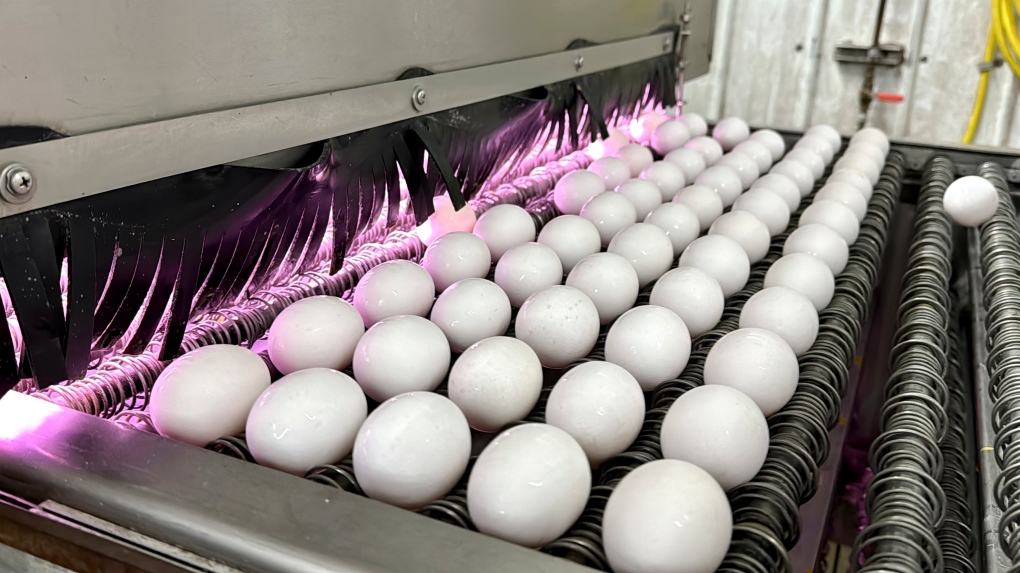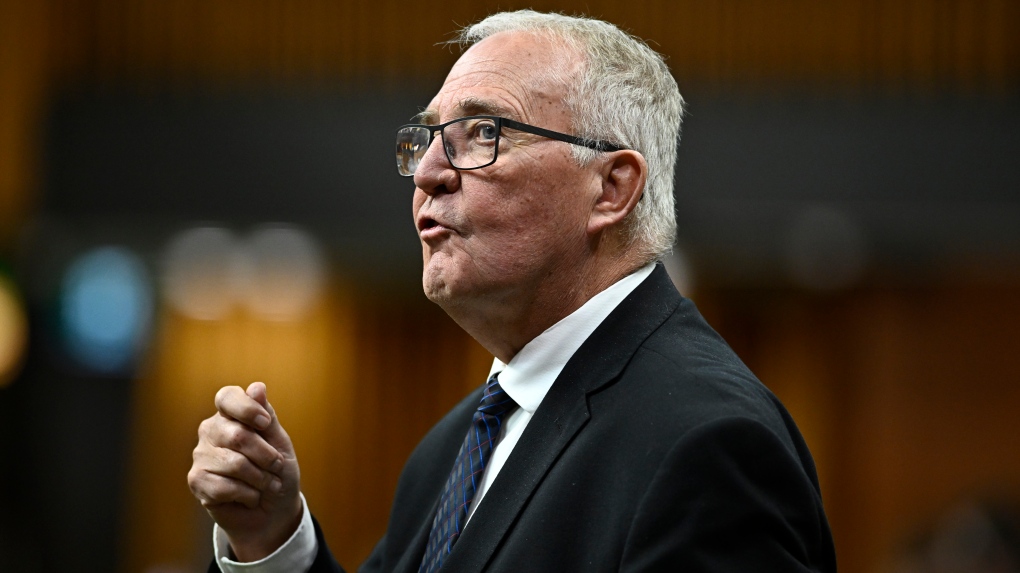As Canadian housing prices continue their dizzying climb to record highs, the federal Conservatives are defining the problem as a “housing inflation crisis.”
That description dovetails neatly with the ongoing debate about Canada’s inflation rate, now at a 30-year high of 4.8 per cent. But some experts warn that pairing housing costs with inflation could obscure the actual causes of surging home prices.
“These issues have predated our conversations about inflation, or even concerns about inflation,” said Murtaza Haider, a professor in real estate management at Ryerson University.
“To assume as such, we would make the mistake of thinking that if we solve the inflation problem, we will solve the housing problem and that would be a big mistake.”
The House of Commons is examining the effects of inflation on the Canadian economy through a special parliamentary committee that launched in January. The first meeting of that committee saw a thorough discussion of housing prices, but some who took part say the committee risks conflating two issues which are distinct in some ways.
“I don’t think we can call this just an inflation problem,” said Sahar Raza, a manager at the National Right to Housing Network.
Raza and Haider both appeared in January as expert witnesses before the parliamentary committee on inflation.
Following his appearance, Haider said discussions about housing prices have “some but not much relevance to the ongoing discourse on inflation.”
Conservatives blame government spending
Conservatives, meanwhile, point out that housing prices in Canada surged by 33 per cent from March 2020 to November 2021 — something the party blames on what it calls the federal government’s reckless spending during the pandemic.
The price of the average Canadian home hit $713,500 in December 2021, according to the Canadian Real Estate Association (CREA).
“The inflation in house prices followed the government printing about $400 billion of new cash, dumping it into the financial system, much of which was lent out in mortgages,” Conservative finance critic Pierre Poilievre told CBC News.
“More dollars chasing fewer goods means inflation, and in this case, housing inflation.”
Poilievre said that what he calls Canada’s housing bubble is set to burst if no change is made to government policy.
In an email to CBC News, a spokesperson for Finance Minister Chrystia Freeland did not describe rising housing costs as the result of inflation. Freeland herself has consistently avoided Poilievre’s attempts in the House of Commons to make her use that term.
“Housing affordability remains a priority for the federal government and, as we have said previously, we will take further action in the upcoming budget,” wrote Adrienne Vaupshas, adding that the Bank of Canada is focused on “price stability and inflation.”
Prices have been rising steadily for decades
But many housing experts point out that Canadian housing prices have been rising steadily for more than 20 years now, far predating the recent spike in inflation.
CREA sales figures show a 318 per cent rise in home prices since 2000, suggesting today’s high housing prices have been decades in the making.
Experts say those soaring prices have multiple causes.
Haider points to a slowdown in new housing construction as the primary cause. He said that trend began in the 1970s and left Canada with far fewer homes per resident than the G7 average.
Raza said the “financialization” of the housing market is a bigger factor than inflation. She said changes to taxation rules for investors and developers would do more to lower prices than broadly trying to reduce inflation.
“These are major gaps that don’t even come into the picture when we’re just talking about inflation as this overarching concern,” Raza said. “The housing sector is experiencing something very specific.”
Others say that Canada should change the way it calculates its inflation rate to better include housing prices — which have risen more than six times faster than the general inflation rate since 2000.
A clearer picture of inflation
Such a change could give the government a better sense of the increase in living costs facing Canadians, according to a new report by the non-profit research and advocacy group Generation Squeeze.
A report by the group released last month called on Statistics Canada to review how it factors housing prices into its inflation numbers. Inflation is currently calculated using the consumer price index, which does include rent and mortgage costs.
“It’s alarming that the relentless escalation of home prices has had seemingly little impact on reported levels of inflation, because rising prices have increased un-affordability for anyone who didn’t already own a home, while creating wealth windfalls for those who already did,” Generation Squeeze said.
The report said a change to that calculation would give policy makers a more accurate sense of housing prices, making it easier to craft policy to improve affordability.
“Increasing housing supply, revamping tax policies and protecting renters are all important — and so is ensuring that accurate information about inflation drives our monetary policy,” Generation Squeeze said.







More Stories
Canada allocates millions for drone production, ammunition to support Ukraine
Cap on plastic production may be too complicated for global treaty: Guilbeault
Military judges don’t have divided loyalties, Canada’s top court rules – National | Globalnews.ca